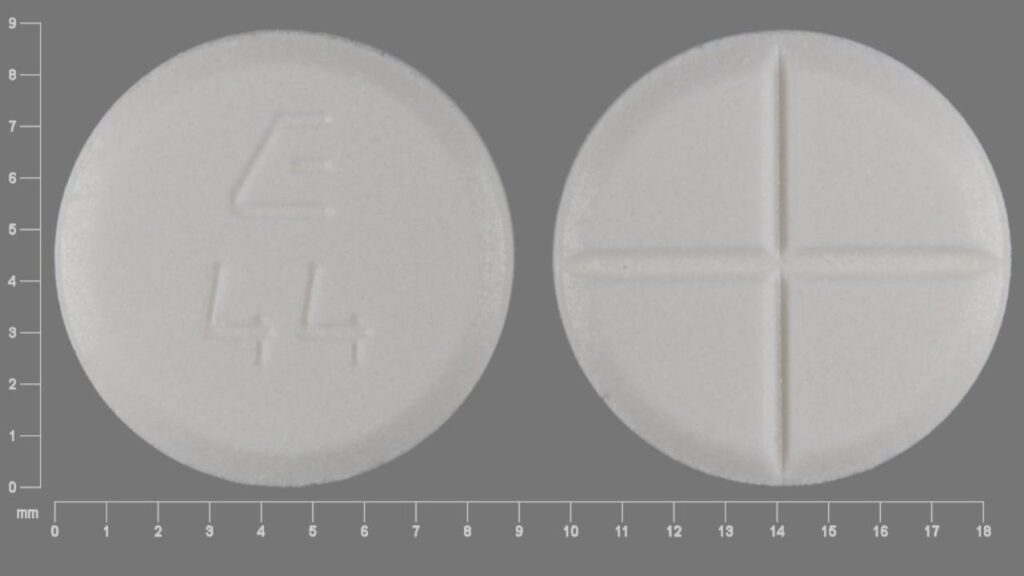Tizanidine, a prescription muscle relaxant, is commonly used to treat spasticity and muscle spasms associated with conditions like multiple sclerosis, spinal cord injuries, and cerebral palsy. While tizanidine is generally considered safe when used as prescribed, there is a potential for abuse and addiction. In this article, we will explore the risks of tizanidine addiction, factors contributing to its abuse, signs and symptoms to watch for, and how Swift River can help individuals struggling with tizanidine addiction.
Potential for Tizanidine Addiction
Tizanidine is not typically considered a highly addictive substance, as it does not produce the same euphoric effects as opioids or benzodiazepines. However, some individuals may develop a psychological dependence on the drug, particularly if they use it in higher doses or more frequently than prescribed. Long-term use of tizanidine can also lead to physical dependence, causing withdrawal symptoms when the drug is discontinued abruptly.
Mechanism of Action and Abuse Potential
Tizanidine works by binding to alpha-2 adrenergic receptors in the central nervous system, thereby reducing the excitability of spinal motor neurons and decreasing muscle spasms. While tizanidine does not directly affect the brain’s reward system like many addictive substances, some individuals may abuse the drug for its sedative and relaxing effects.
In rare cases, tizanidine may be combined with other substances, such as opioids or alcohol, to enhance its effects. This practice is particularly dangerous, as it can lead to severe respiratory depression, coma, or even death.
Factors Contributing to Tizanidine Abuse
Several factors may contribute to the abuse of tizanidine, including:
- Preexisting substance use disorders: Individuals with a history of drug or alcohol addiction may be more prone to abusing tizanidine.
- Mental health conditions: People struggling with anxiety, depression, or other mental health disorders may self-medicate with tizanidine to cope with their symptoms.
- Chronic pain or muscle spasms: Those experiencing severe or chronic pain or muscle spasms may be tempted to use tizanidine in higher doses or more frequently than prescribed to find relief.
- Accessibility: Having easy access to tizanidine, either through a personal prescription or from friends or family members, can increase the risk of abuse.
Signs and Symptoms of Tizanidine Addiction
Recognizing the signs and symptoms of tizanidine addiction is crucial for early intervention and treatment. Some warning signs include:
- Taking tizanidine in higher doses or more frequently than prescribed
- Experiencing cravings or a strong desire to use tizanidine
- Continuing to use tizanidine despite negative consequences, such as job loss or strained relationships
- Neglecting responsibilities or hobbies in favor of using tizanidine
- Experiencing withdrawal symptoms, such as anxiety, insomnia, or increased muscle spasms, when attempting to cut back or stop using tizanidine
Other signs of tizanidine abuse may include:
- Doctor shopping to obtain multiple prescriptions
- Stealing or borrowing tizanidine from others
- Exhibiting signs of sedation, such as slurred speech or drowsiness
- Experiencing financial difficulties due to purchasing tizanidine illegally

Long-Term Effects of Tizanidine Abuse
Chronic tizanidine abuse can lead to several long-term health consequences, including:
- Liver damage: Tizanidine is metabolized by the liver, and excessive use can lead to liver toxicity and damage.
- Cognitive impairment: Long-term tizanidine abuse may affect memory, concentration, and decision-making abilities.
- Cardiovascular problems: Tizanidine can cause low blood pressure and slowed heart rate, which may worsen with prolonged abuse.
- Increased risk of accidents and injuries: The sedative effects of tizanidine can impair coordination and judgment, increasing the risk of accidents and injuries.
Swift River’s Comprehensive Treatment Approach
At Swift River, we understand the challenges faced by individuals struggling with tizanidine addiction. Our comprehensive treatment approach addresses the physical, psychological, and emotional aspects of addiction, providing patients with the tools and support they need to achieve lasting recovery.
Our treatment programs include:
- Medically supervised detoxification to manage withdrawal symptoms safely and comfortably
- Individual and group therapy to address the underlying causes of addiction and develop coping strategies
- Cognitive-behavioral therapy (CBT) to identify and change negative thought patterns and behaviors
- Holistic therapies, such as yoga and mindfulness, to promote overall well-being and stress management
- Aftercare planning and support to help patients maintain their recovery after leaving our facility
In addition to these core components, Swift River also offers:
- Dual diagnosis treatment for individuals struggling with both tizanidine addiction and a co-occurring mental health disorder
- Family therapy to help repair relationships and foster a supportive home environment
- Education to help patients and their families understand the nature of addiction and the recovery process
- Relapse prevention training to equip patients with the skills and strategies needed to maintain long-term sobriety
If you or a loved one is struggling with tizanidine addiction, know that help is available. Contact Swift River today at 413-570-9698 to learn more about our addiction treatment programs and take the first step towards a healthier, substance-free life. Our compassionate and experienced staff is ready to help you overcome addiction and reclaim your life.












